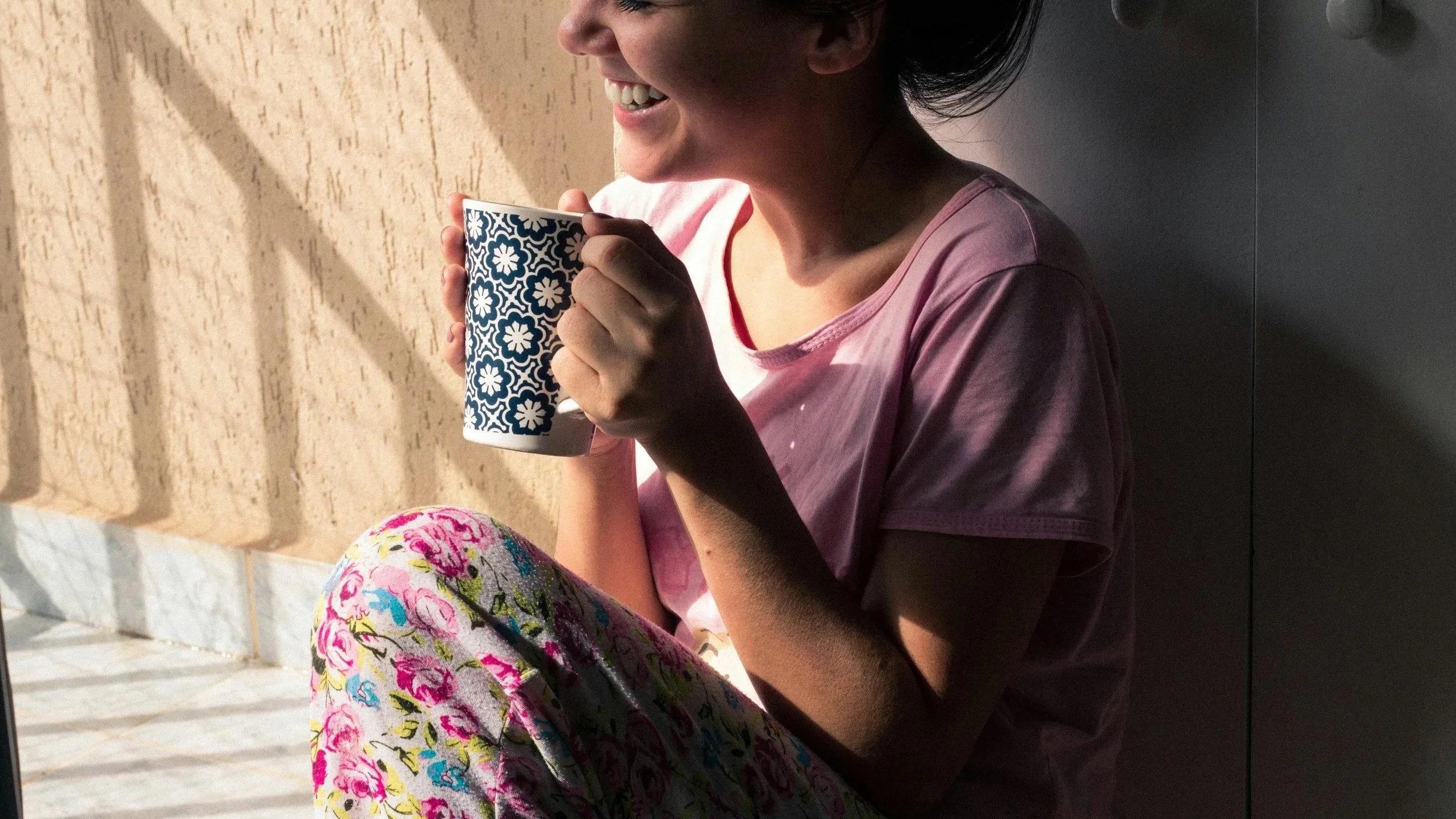“Sugar Feeds Cancer”: New Studies Debunk the Myth
Cancer patients should still eat fruits: Cutting sugar completely does not starve tumors and does not help the body fight cancer. Photo: Theo Crazzolara (Unsplash)
A cancer diagnosis often comes with a profound sense of losing control. Many patients feel betrayed by their own bodies and search for ways to regain agency.
One common avenue is nutrition. A quick search online leads to a widespread recommendation: avoid sugar. The message “Sugar feeds cancer” circulates widely in support groups and forums.
This advice fuels additional anxiety, says Erika Connor, a cancer-focused nutritionist at the renowned Stanford Health Care clinic in California. She frequently sees patients who eliminate all sugar – even fruit – from their diets.
But Connor offers reassurance and challenges the myth in a recent report. Scientific studies also show that the claim “sugar feeds cancer” is misleading.
All Cells Need Sugar – Even Healthy Ones
Connor explains that glucose, a form of sugar, is the body’s primary energy source. It’s essential for all cells, including the brain. If no sugar is consumed, the body produces glucose from proteins and fats. This applies to cancer cells too. When glucose is scarce, they switch to using proteins and fats to grow.
A study in the Journal of Biomedical Science examined these processes in detail. It found that extreme sugar restriction can harm healthy cells and weaken the immune system. Patients may become more vulnerable, while tumors continue to find ways to grow.
The study highlights glucose metabolism as a key factor in developing cancer therapies – specifically, treatments that block glucose supply to tumors.
Cancer Cells Use Sugar Differently
Cancer cells metabolize glucose differently than normal cells. They convert it into lactic acid (lactate), which helps them grow but provides little energy to the body.
This phenomenon, known as the Warburg effect, explains why cancer cells are “addicted” to glucose. They need large amounts to multiply, which is where the myth “sugar feeds cancer” originates.
In diagnostics, the Warburg effect is used to detect tumors via tomography. Sugar is tagged and injected, and its accumulation typically indicates tumor sites.
This knowledge also drives drug development. A recent study in Frontiers in Cell and Developmental Biology shows that altered sugar metabolism helps cancer cells survive chemotherapy.
However, the study also found that sugar restriction weakens patients without affecting therapy resistance. The solution lies in targeted medications and not dietary sugar elimination.
You Can’t Starve Cancer Cells
As mentioned, cancer cells can switch from sugar to proteins and fats. Extreme restriction doesn’t help. Connor even warns of potential harm.
She recalls a patient who avoided all fruit and grains to starve her cancer. The woman lost weight rapidly, and Connor noticed her cognitive function declined. She was eating so little that her brain wasn’t getting enough glucose.
A recent review in Trends in Cancer also warns of this “double-edged sword.” It notes that glucose deprivation via medication might inhibit tumor growth, but dietary restriction can backfire.
The review explains that tumors may benefit when patients try to starve them. Immune cells that fight cancer also rely on glucose. Cutting sugar can impair the body’s anti-tumor response and weaken healthy cells.
The Problem Is Added Sugar, Not Natural Sugar
Experts recommend avoiding extreme diets and focusing on balanced nutrition. That includes some sugar reduction. Erma Levy from MD Anderson Cancer Center advises limiting added sugars found in sodas, processed foods, and sweets.
But it’s not because sugar “feeds” cancer, Levy explains. It’s about giving the body the best foundation to fight disease. Added sugars are empty calories.
“High intake of added sugar puts extra stress on the body,” says Connor. “Elevated blood sugar triggers more insulin, which can promote inflammation.” This can interfere with treatment and healing.
Healthier choices include fruits, vegetables, whole grains, dairy, legumes, nuts, and seeds, even those with natural sugars. Fiber-rich foods help regulate how quickly sugar enters the bloodstream, preventing spikes like those caused by sweets or sodas.
A review in Interdisciplinary Cancer Research also flags added sugar as problematic. High consumption of sugary drinks and snacks is linked to increased risk of hormone-related cancers. The recommendation, also for healthy individuals: avoid or limit products high in industrial sugar.
Finding Balance: A Treat Is Still Allowed
While some people find it easy to cut sugar completely, others struggle. Nutritionists understand this and recommend a balanced approach that allows occasional sweets. What matters most is a foundation of whole foods, fruits, vegetables, protein, and hydration.
Processed foods and sweets should be limited – not banned. “I tell my patients clearly that they can reward themselves with a slice of cake or a snack for eating well during the day,” says Connor.
Cancer treatment is not just physical, it’s also mentally and emotionally exhausting. Side effects are common. During tough phases, Connor tells patients to eat whatever they can tolerate, even if it contains added sugar. When they feel better, they can return to a balanced diet.
She emphasizes again that the claim “Sugar feeds cancer” is dangerous. “It stokes unnecessary fear and makes people vulnerable to misinformation and panic.” She urges patients to seek guidance from certified oncology nutritionists, instead of the internet.
This is especially important for those with cancer and type 1 or type 2 diabetes. Elevated insulin levels create a more complex situation. Studies show insulin can act as a growth factor for certain cancer cells. A medically guided diet and exercise plan is crucial for these patients.
Sidebar: Intermittent Fasting in Cancer Patients
A recent review in BMC Cancer examined the effects of intermittent fasting on cancer patients. Researchers explored whether fasting could weaken cancer cells while sparing healthy ones.
The analysis showed that intermittent fasting may improve blood sugar profiles and reduce chemotherapy side effects. Participants reported better quality of life and less fatigue.
However, not all studies found positive effects. No general conclusions could be drawn, and there’s no evidence that fasting improves survival or recovery rates. The review also warns of risks like malnutrition and weight loss, which can harm treatment outcomes.
The final recommendation: consider intermittent fasting only under medical supervision, and only as a potential complementary strategy.
Sources
Stanford Medicine: The sugar-cancer connection: Five things you should know
MD Anderson Cancer Center: Should cancer patients avoid sugar?
Journal of Biomedical Science: Glucose metabolism and its direct action in cancer and immune regulation
Trends in Cancer: Glucose restriction: double-edged sword in cancer treatment
Frontiers in Cell and Developmental Biology: The role and therapeutic potential of glucose metabolism in multidrug resistance of cancer
Springer Interdisciplinary Cancer Research: Consumption of Total and Added Sugars and Cancer Risk: An Updated Review
American Cancer Society: Guideline for Diet and Physical Activity
Frontiers: Diabetes and Cancer: A Twisted Bond
Get your weekly dose of good news every Wednesday morning. We'll send you all the new Happy Spot articles with quick summaries, along with the week's top headlines featuring good news worth reading.
TRENDING ARTICLES










